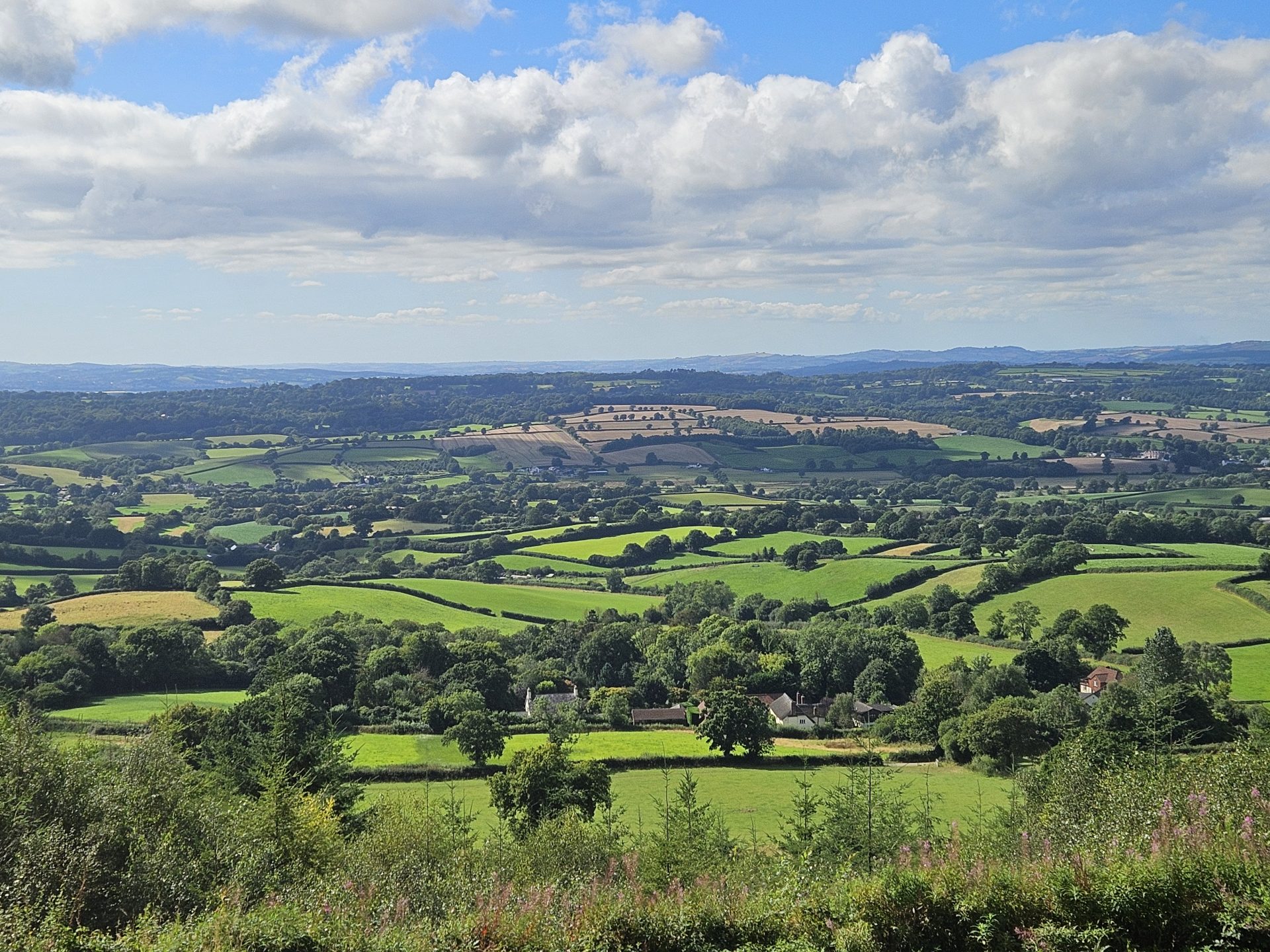Summary
Forest Research (FR) is one of 34 organisations participating in the ‘LUNZ Hub’ — an innovative research initiative that will help drive the transformation of UK land use needed to achieve net zero by 2050. The objective of the Hub is to equip UK policy-makers, industry, civil society and communities with the evidence they need to drive transformational change in land use. The Hub consortium includes research institutes, farmer groups, advisory services, non-governmental and arts organisations, and is led by the James Hutton Institute and the University of Leicester.

Research Objectives
The Hub Consortium
- Provide advice and rapid access to findings from the best available, established and novel research.
- Synthesise and share knowledge across the different disciplines required to address land use change, making information available in a range of easily accessible formats.
Forest Research
- Contribute expertise in and understanding of the UK forestry sector, land management socio-economic issues and ecosystem science.
Latest Update
The project started in November 2023 and runs until early 2027.
Our Involvement
Researchers at FR are working with the Hub National Teams, the Topic Advisory Groups (TAGs) and the three work packages (Agile Policy Centre, Transdisciplinary and Net Zeros Platform) to provide expertise and information. FR also co-leads the Land Use Change TAG.
General Content
The LUNZ Hub project website is at: Land Use for Net Zero Hub
Relevant Resources
Funding & Partners
- The Hub is co-funded by UKRI (UK Research and Innovation), DEFRA (Department for the Environment, Food and Rural Affairs), DESNZ (Department for Energy Security and Net Zero), DSIT (Department for Science, Innovation and Technology) and the Scottish Government.
